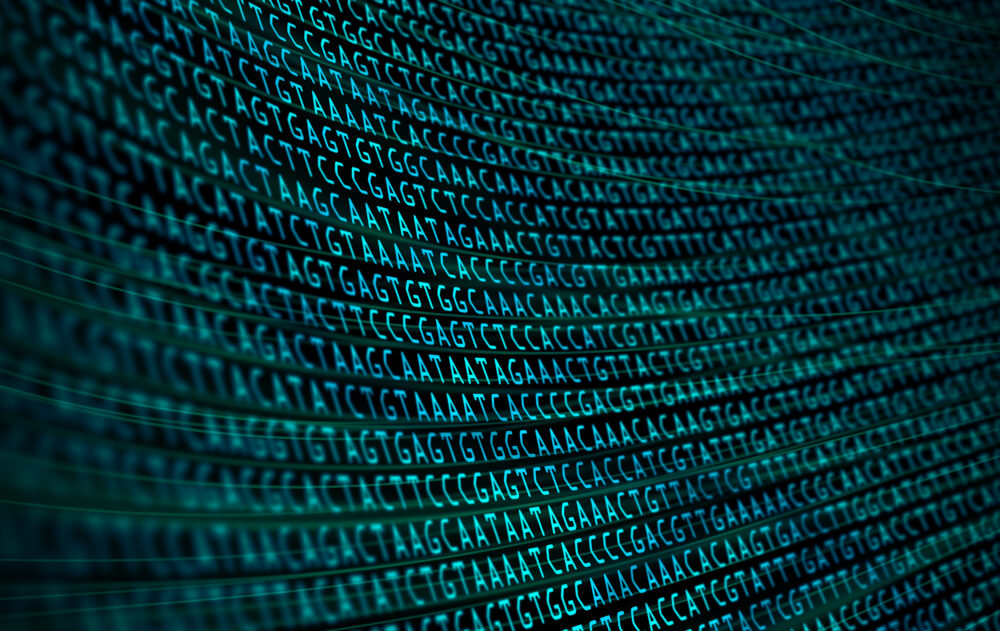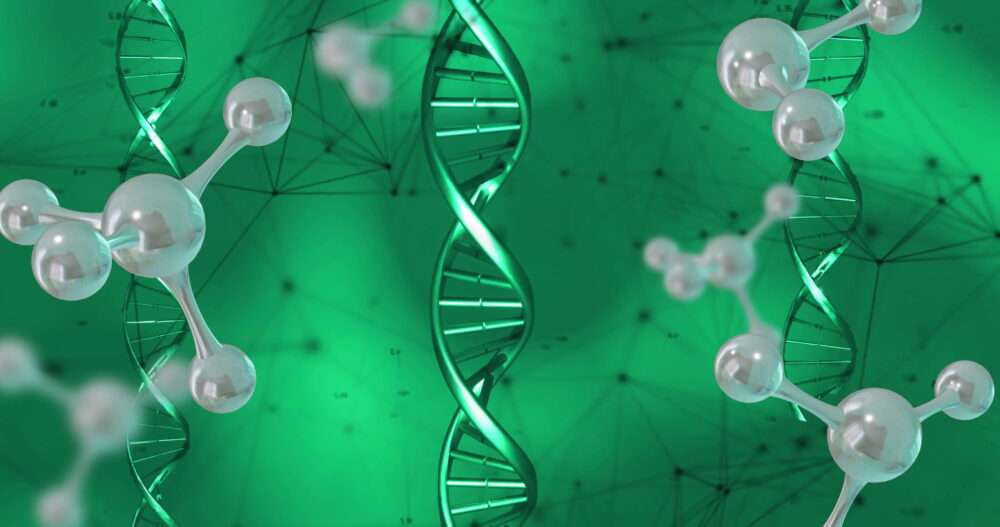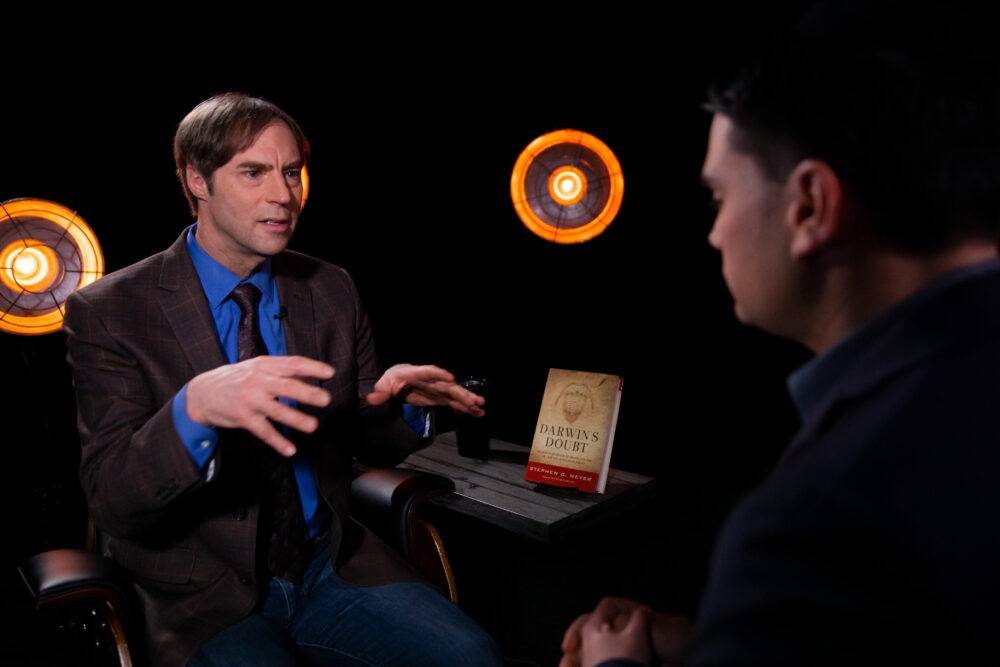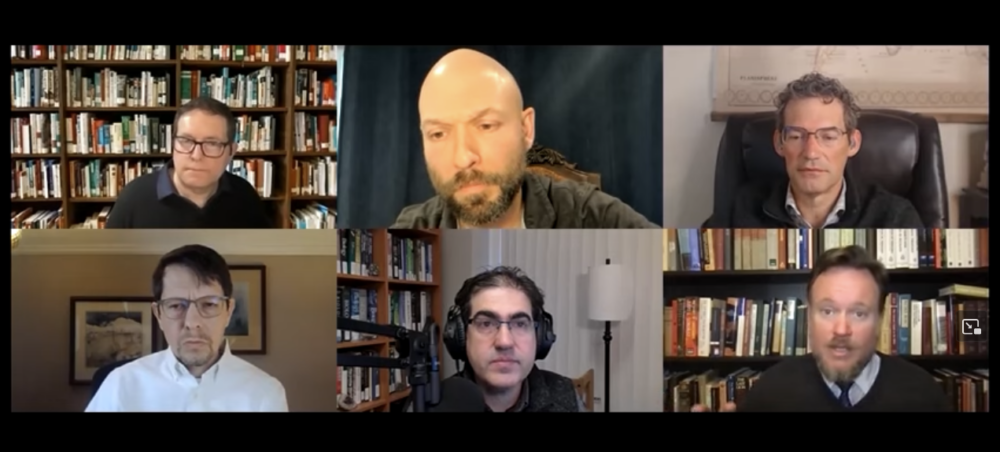


The Unsolved Mystery of Life’s Origin: Stephen Meyer & James Tour

Walter Bradley on The Mystery of Life’s Origin

Stephen Meyer & Ben Shapiro Discuss the Origin of Information

Stephen Meyer on the Explanatory Power of Intelligent Design

Top Ten Cheats in “Monumental” Origin of Life Research

Evolution’s Demigods: Reviewing the Tour/Cronin Debate
Do biologists give too much credit to natural selection and self-organization? What are the limits of a materialist approach to science? On this ID The Future, we bring you the second half of a panel discussion reviewing the recent debate between Rice University chemistry professor Dr. James Tour and University of Glasgow professor of chemistry Dr. Lee Cronin. In November 2023, Dr. Tour and Dr. Cronin participated in a roundtable debate on origin-of-life studies at Harvard University with a live audience of Harvard faculty and guests. Even if you haven’t seen the debate yet, you’ll get valuable insight into the state of origin-of-life research from this panel discussion, featuring three of our own: scientist and attorney Casey Luskin, physicist Brian Read More ›

Debate Review: Jim Tour vs Lee Cronin at Harvard

The Simple Life: Abiogenesis Gets Another Reality Check
